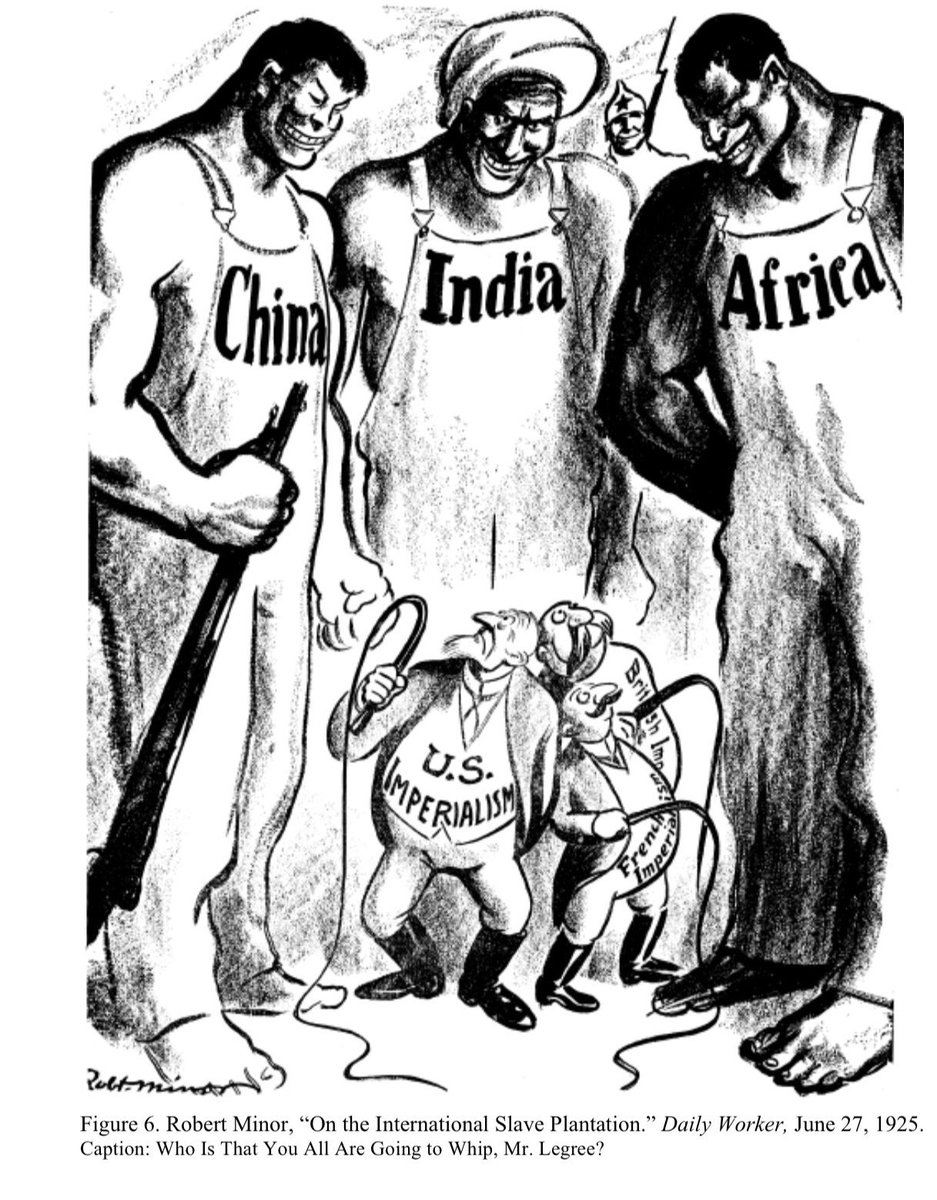India: openly-allied with the U.S.
Less than a month after U.S Secretary of Defense Ashton Carter declared, during his visit to India in April, that India and the U.S would talk cooperation on the strategically-sensitive issue of submarines and anti-submarine warfare [1], reports suggest the two countries have actually met to discuss the collaboration[2].The speed with which an intent was transformed into action despite the sensitive nature of the subject—submarine capability and warfare are closely-held tactics shared only with allies—-indicate that India and the U.S. have taken a political call to align their strategies more closely, especially in naval matters. For once, the U.S. is taking legislative steps to back its intent. A few weeks prior to Carter’s visit, in March, a resolution[3] was introduced in the U.S. Congress to amend the Arms Export Control Act in order to treat India as a treaty ally similar to NATO and Israel.
On its part, India’s new leanings towards the U.S is reflected in the “in-principle” nod given to actually institutionalizing facilities being provided to the U.S. navy, through a Logistics Exchange Memorandum of Agreement (LEMOA) during Carter’s visit. This is a move away from the long and dearly-held policy of being publicly non-aligned with the big powers. Especially as the U.S. continues to be the unchallenged global military power, both in terms of weapons and technology, and the U.S. dollar is the unchallenged reserve currency.There are many signs of this. The India-U.S. civil nuclear agreement of 2005, often cited as proof of India moving closer to the U.S., began to be fast-tracked in the first two years of the Modi government. And the joint strategic vision [4] for the Asia-Pacific and Indian Ocean Region outlined by Barack Obama and Narendra Modi in January 2015 revealed the growing strategic convergence.This latter document shows how India’s maritime vision has expanded dramatically. For years, India defined its core area of interest in the Indian Ocean Region (IOR) as bound between Indonesia to the east and Africa in the west. Now New Delhi holds “safeguarding maritime security and ensuring freedom of navigation and over-flight throughout the region, especially in the South China Sea” to be of prime importance.
Meanwhile, the Chinese leadership, too, has directed its military arm to “abandon” the “traditional mentality” that places “control of land as more important than control of sea”, in favour of attaching “great importance” to “protecting maritime rights and interests” [5].What underlies the expansion of maritime interest areas for both China and India? It is the global web of trade ties and investments, especially in energy. That is legitimate enough, but it is Beijing’s focus on militarisation of maritime space, along with grandiose plans like One-Belt, One-Road, that has prompted India to jettison its seven-decade-old policy of turning away from a military embrace with the U.S.China’s disinclination to allay India’s fears of encirclement by the $46 billion China-Pakistan Economic Corridor (CPEC) along the north and the sea lanes and ports in the south—Gwaddar, Djibouti, and even Colombo—has surely accelerated India’s new, overt maritime relationship with the U.S.Of course, the realisation that a weak and shrinking navy, plagued by accidents and delays in its indigenous vessel-building plan, was unlikely to stand up to the confrontationist Chinese stance in the IOR might have forced India’s hand Washington-ward. So may have India’s experience in securing delivery of its aircraft carrier INS Vikramaditya from its all-weather friend Moscow, with years rolling by past the delivery date and costs zooming to $2.3 billion from an initial estimate of $947 million.
The greater willingness of the U.S. to share strategic technology with India through co-development and co-production [6] and pass legislation to welcome India into the Asia-Pacific Economic Cooperation (APEC) sharply contrasts with China’s support to Pakistan’s nuclear weapons programme and its obstructionist attitude towards India’s APEC membership. It also extracted the entry of Pakistan into the Shanghai Cooperation Organisation (SCO) in return for giving India a seat at the SCO table, and then refused to put the Pakistan-based terror group Jaish-e-Mohammad (JeM) Masood Azhar on the U.N. sanctions list for “technical reasons” [7].All this has left the Modi government with little option but to side with the U.S. in the hope that Washington will support the necessary United Nations Security Council (UNSC) and International Monetary Fund (IMF) reforms India seeks to have passed.The reported decision by the Asian Infrastructure Investment Bank (AIIB)—where India is the second-largest shareholder—to give its first loan to Pakistan, [8, 9] will surely have deepened India’s doubts about the likelihood of investments from China into its own $1 trillion infrastructure upgrade. China’s level of commitment in India is evident from the fact that, in the last 15 years, capital equity investments from it have been a mere $1.32 billion [10].Not surprisingly, India’s political leadership and strategic community may now be of the opinion that staying non-aligned or covertly aligned in the global power game may actually undermine the country’s strategic autonomy.
